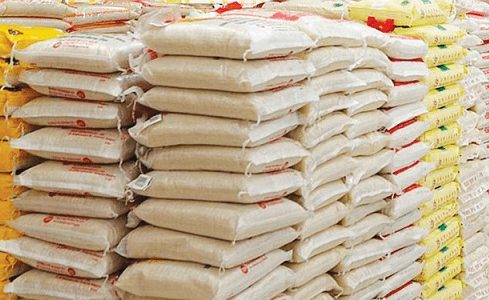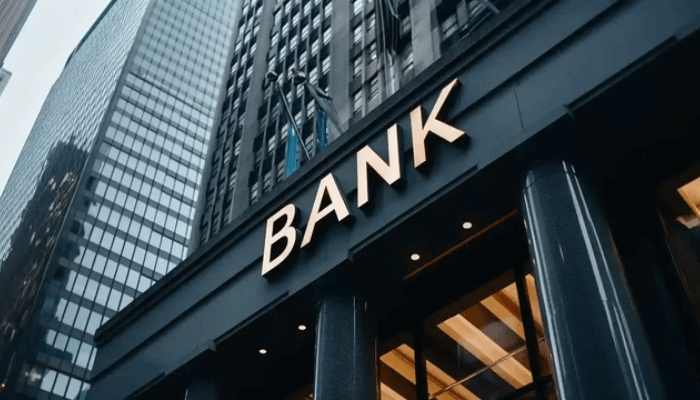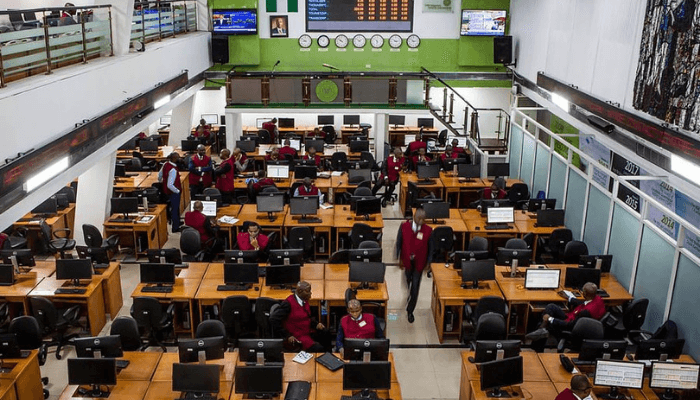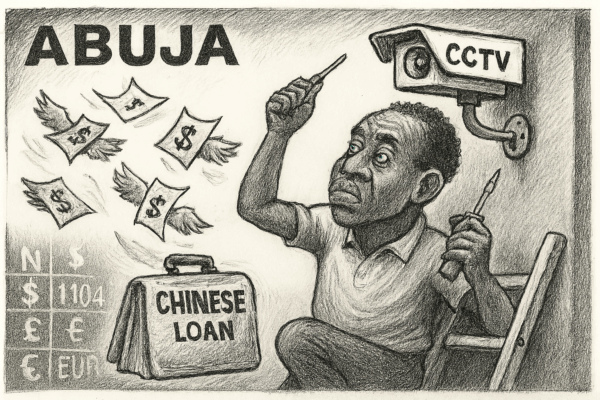The price of a 50kg bag of rice has dropped to N54,000 in parts of Nigeria, as market forces react to an oversupply of the staple grain and rising consumer anxiety over recent health-related scares linked to alleged contaminated batches.
Traders and distributors across major markets in Lagos, Kano, and Port Harcourt have reported a steady decline in rice prices over the past two weeks, attributing the dip to sluggish demand triggered by fears of unsafe rice circulating in the market.
“We’re seeing reduced sales volume despite high stock levels,” said Alhaji Musa Danladi, a rice merchant at Mile 12 Market in Lagos. “Customers are cautious because of recent rumors of plastic or spoiled rice. Even though authorities have not confirmed these fears, they’ve impacted demand.”
The Nigerian Customs Service and health regulatory agencies had earlier launched investigations into reports of substandard or smuggled rice flooding parts of the country, but no official recall or public health warning has been issued so far.
In addition to safety concerns, traders cite an oversupply of imported and locally milled rice as a major factor behind the price drop. Several importers and millers reportedly rushed to restock in anticipation of higher post-Ramadan demand, which failed to materialize at expected levels.
“The market is saturated,” said Bukola Ilesanmi, a foodstuff wholesaler in Ibadan. “Many dealers restocked heavily, expecting prices to climb, but instead, we’re slashing prices to avoid holding stale inventory.”
Just two months ago, the same 50kg bag was selling for over N65,000 in several urban centers. Analysts now say that unless confidence is restored and demand rebounds, prices may slide further in the coming weeks.
Economists warn, however, that while the drop in price may offer temporary relief for consumers, it also signals volatility in food market stability — a troubling sign for a country battling inflation and food insecurity.
Authorities have urged consumers to remain vigilant and report any suspicious rice products, while promising to intensify quality control inspections and market surveillance.











Leave a Reply